and providing educational materials. Despite these efforts, the system struggles with issues such as overcrowded classrooms, insufficient educational resources, and disparities in access between urban and rural areas. The country’s commitment to education is evident in its policies aimed at achieving universal primary education and improving literacy rates among its youth and adult populations.
Introduction
Cote d’Ivoire, also known as Ivory Coast, is a West African country characterized by its varied geography, rich history, and a growing economy. It boasts a coastline along the Gulf of Guinea and features a landscape ranging from lush rainforests in the south to savannas in the north. Historically, Cote d’Ivoire was a colony of France until it gained independence in 1960. Since then, the country has experienced periods of political instability but has been on a path to recovery and growth in recent years. Economically, Cote d’Ivoire is one of the world’s largest producers and exporters of coffee, cocoa beans, and palm oil, contributing significantly to its economy. The country also has a developing sector in oil and gas production, alongside a growing interest in tourism and renewable energy.
The education system in Cote d’Ivoire, particularly for K12 students, faces several challenges including access, quality, and infrastructure, but it also has seen significant investments and improvements over the years. The system is structured to provide six years of primary education followed by seven years of secondary education, which is divided into two cycles. The government has been working to increase enrollment rates and improve educational outcomes by investing in infrastructure, training teachers,
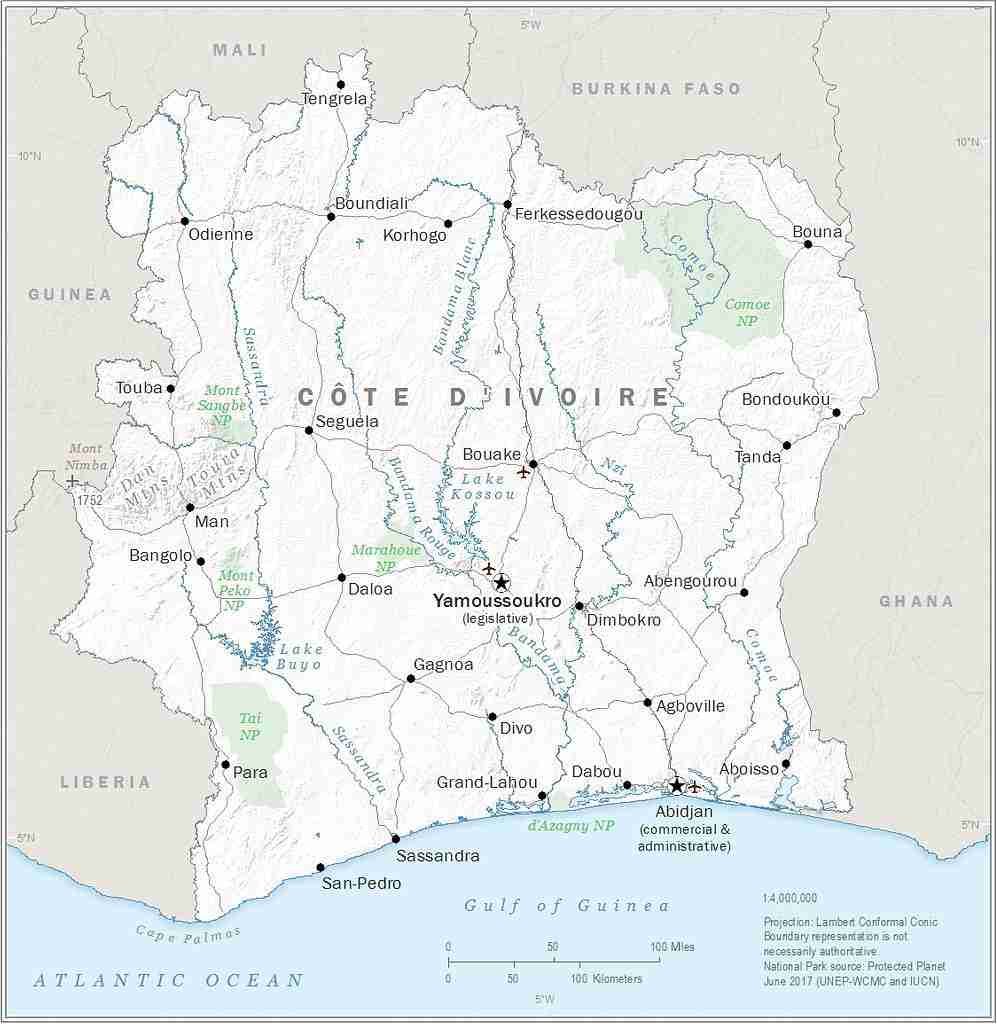
Kean Goue and Bridges Africa
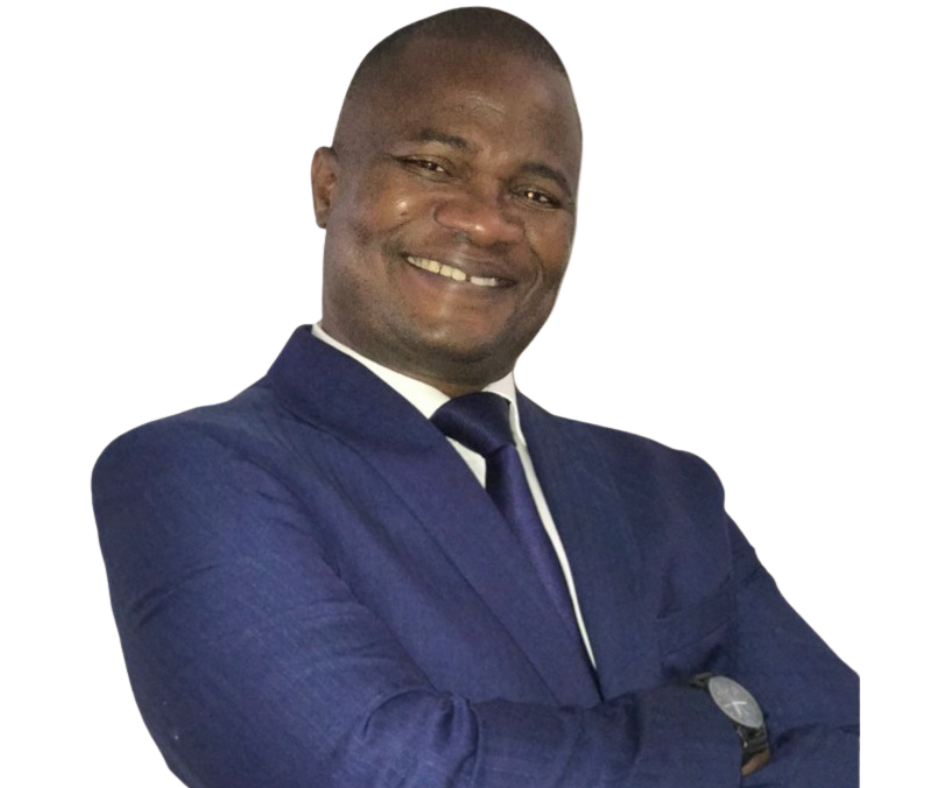
Kean Goue
Kean Goue, originally from Cote d’Ivoire, now resides in Salt Lake City, Utah. From a young age in Cote d’Ivoire, he was naturally inclined to help those who were physically or emotionally in need. Known as the defender of the weak, his dedication to making life easier for others has grown stronger over time. This drive led him to the world of social entrepreneurship, where he has taken his efforts worldwide. In 2020, he started Bridges Africa, an organization aimed at encouraging trade and cultural exchanges between the United States and Africa. Goue, with a background in Information Technology and a certification in global business management, looks to connect cultures, arts, and businesses. He focuses on improving community values and opening up new opportunities across continents.
Bridges Africa stands as a testament to Goue’s ambition to link diverse communities for mutual advancement. Based in the Greater Salt Lake City area, this organization strives to overcome the complex challenge of uniting people, organizations, and opportunities. Established as a 501(c)(3) non-profit, Bridges Africa’s goal is to enhance trade and cultural exchanges. Goue uses his experience from living and working in both the United States and
Africa to create benefits for the economies of both regions. Through Bridges Africa, Kean Goue is turning challenges into opportunities, aiming to build a global community where different cultures and values come together for mutual progress.
Kean and the Bridges Africa team have been exploring the potential of using databot in West Africa to address a number of systemic issues in education there. Students do not typically have access to lab equipment, sensors, or
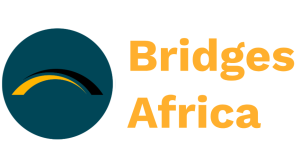
hands-on science labs, even at the high school level. Imagine trying to learn STEM education topics with little to no hands-on application and minimal opportunity for exploration, inquiry, or experimentation. That’s where all the real learning happens! Now imagine the increased learning gains to be accomplished through the use of sensors and live data acquisition paired with a strong science curriculum. There is research that directly supports gains in understanding science concepts1 as well as improved test scores2 when students use sensors to explore science topics. Further, the use of this technology addresses significant requirements in learning standards and frameworks around the world. For example, the Science and Engineering Practices defined by the Next Generation Science Standards (NGSS) are identified as critical for all students to learn. The eight practices are:
- Asking questions (for science) and defining problems (for engineering)
- Developing and using models
- Planning and carrying out investigations
- Analyzing and interpreting data
- Using mathematics and computational thinking
- Constructing explanations (for science) and designing solutions (for engineering)
- Engaging in argument from evidence
- Obtaining, evaluating, and communicating information
All of these practices are naturally embedded in the use of sensor based activities in which students plan and conduct experiments, collect and analyze data, and present and defend their findings.
Supporting Bridges Africa’s pursuit of solving systemic issues in K12 education in Cote d’Ivoire – raising test scores, deepening science understanding, and meeting critical frameworks and standards, databot provides a unique solution. The challenge identified by Kean in Cote d’Ivoire as well as other West African countries can be met head-on with databot as it is a fraction of the price of typical probeware. Further it combines 16 sensors capable of addressing topics from all the major science domains into a tiny footprint that makes shipping, logistics, and storage easy. It is classroom-tough to support the needs of heavy classroom use. Finally, it is so simple to use out-of-the box that science educators, even in early grade levels, will not be intimidated, one of the major obstacles to new technology adoption.

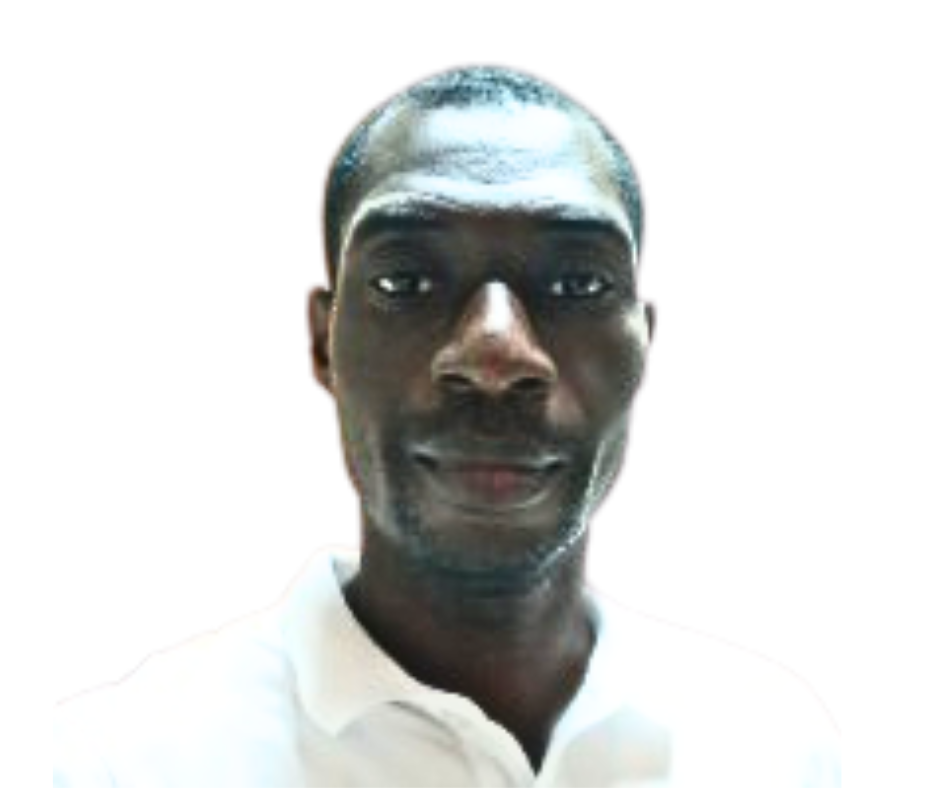
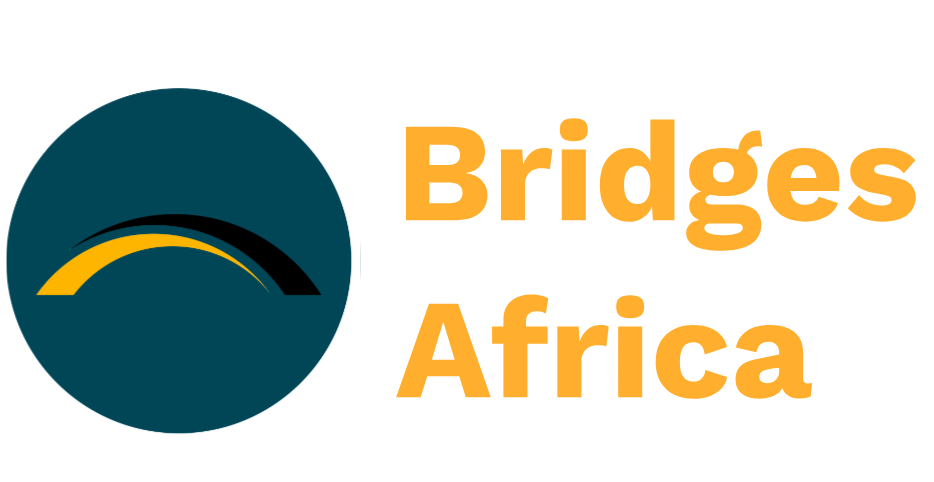
Aymeric Saint-Claire Amani
Meet Aymeric Saint-Claire Amani, another member of the Bridges Africa team. Aymeric teaches ICT for the social enterprise Simplon and is also a lead software developer for Zgamesoft, an interactive media development company in Cote d’Ivoire. Kean introduced Aymeric to databot in early 2023 and Aymeric adopted it for some of his training curriculum at Simplon. He introduced the use of databot as a versatile tool for integrating technology into educational projects. Under Aymeric’s guidance, a group of learners led by a student teaching assistant, Paul Tiene, serving as the project manager, embarked on developing a web application. This innovative project leveraged databot to monitor air quality within the training environment, specifically focusing on the levels of VOCs (Volatile Organic Compounds commonly found in paints and cleaning products) and CO2.
Using the Arduino IDE and C++ an application was programmed to sound an alarm when the concentrations of VOCs and CO2 exceeded safe thresholds, signaling the need to ventilate the room by opening windows and doors. Over the course of the project, it was observed that VOC levels increased significantly when the room remained closed, a situation traced back to a recent application of paint. This discovery highlighted the importance of continuous monitoring and ventilation to mitigate health risks associated with poor air quality, such as loss of concentration, drowsiness, and irritation to eyes, nose, and throat.

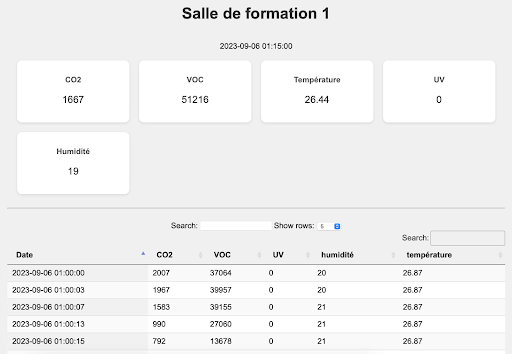
Check out this video that shows the development of the complete Indoor Air Quality monitoring solution that includes the design of a custom, 3D-printed databot housing, the databot firmware that enables the collection and wireless transmission of environmental data as well as a physical alarm (red light!) if air quality levels reach hazardous levels, and finally, the web application and dashboard that displays real time environmental data visualizations. This is an awesome project requiring multiple skills and a detail oriented project manager to pull it all off. Further, this project not only underscored the critical need for air quality monitoring in enclosed spaces but also demonstrated the practical application and effectiveness of databot in addressing real-world challenges. Through this project, learners were able to see firsthand how technology can be harnessed to solve environmental and health-related issues, thereby enhancing their understanding and skills in information and communications technology (ICT). Beyond ICT, the Bridges Africa team also recognizes the significant potential for databot technology to support systemic change in Cote d’Ivoire education by directly aligning activities and data-rich lessons directly with the UN Sustainable Development Goals.
The UN Sustainable Development Goals (SDGs)
Overview
The United Nations Sustainable Development Goals (SDGs) are a global blueprint to achieve a better and more sustainable future for all. Established in 2015, these 17 interlinked goals aim to address the world’s most pressing challenges by 2030. They encompass a wide range of issues including poverty, hunger, health, education, climate change, gender equality, water, sanitation, energy, environment, and social justice.
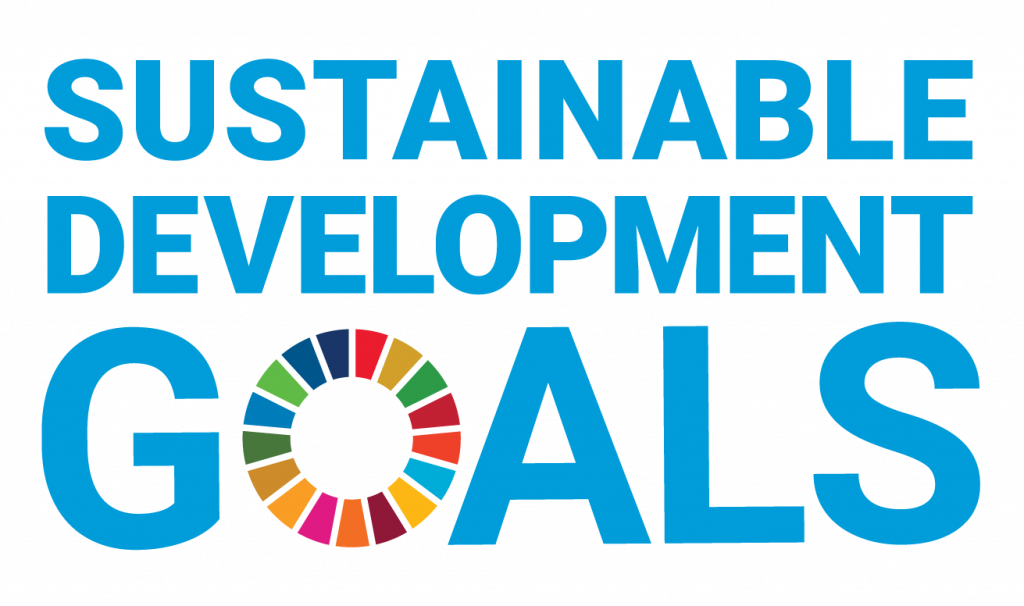
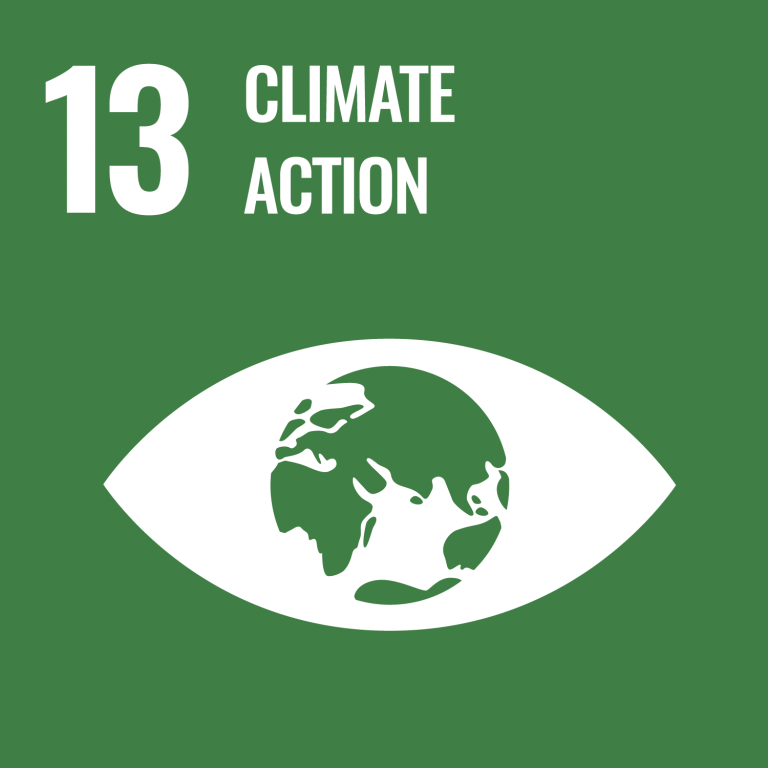
Some Specific Examples
databot™ is uniquely suited to serve as a platform for delivering Project Based Learning. (PBL) activities supporting the SDGs due to its unique set of sensors and its additional capabilities for coding. Our CO2 Science Series is a great example of a multidisciplinary exploration of CO2 through learning modules in Life Science, Physics, Earth Science, Chemistry, and Environment and as such can directly support student PBL in the area of Climate Action, SDG 13. Other sensors for climate investigation include volatile organic compounds, humidity, air pressure, temperature, magnetic fields, color, and ultra-violet index. Imagine all the possibilities with this simple device such as teaching students about the importance of UV protection for your skin health, or learning first hand, using real scientific data, how greenhouse gasses like CO2 trap heat. Amazing!
Quality Education
databot PBL activities support many of the SDGs and overall it directly supports the UN Sustainable Development Goal #4, Quality Education, in several unique ways:
Interactive Learning: Databot enhances the educational experience by providing an interactive, hands-on approach to learning. By engaging with real-world data through sensors, students can directly observe and measure phenomena around them, making abstract concepts tangible.
Versatility across Subjects: The device is versatile and can be used in various educational contexts, from science and math to technology and engineering. This cross-disciplinary functionality supports comprehensive learning and helps integrate different subject areas under a cohesive learning objective.
Enhancing Digital Literacy: Databot helps students improve their digital literacy skills, which are essential in today’s technology-driven world. By learning to collect, analyze, and interpret data, students develop critical thinking and problem-solving skills.
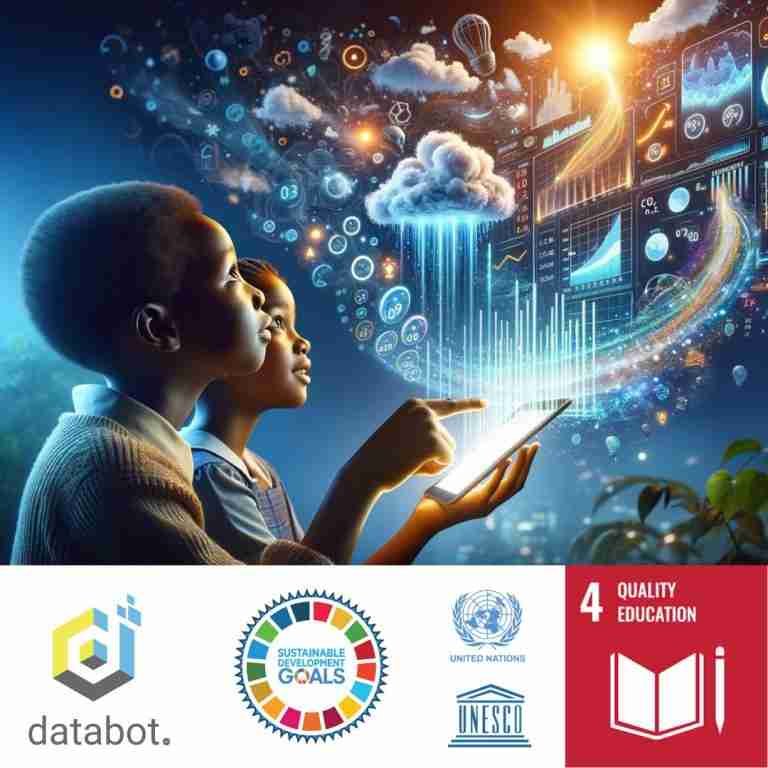
- Scalability and Accessibility: The compact size and ease of use of the databot make it accessible and scalable across different educational settings and age groups. This supports the goal of inclusive and equitable quality education for all, regardless of geographic or economic barriers.
-
Standards Alignment: Databot lessons align with recognized educational standards, such as the Next Generation Science Standards (NGSS), the International Society for Technology in Education (ISTE) standards, and the Computer Science Teachers Association (CSTA) standards. This alignment ensures that the educational content is relevant, high-quality, and meets international benchmarks for educational outcomes.
By integrating databot into the curriculum, educators can provide a dynamic and innovative learning environment that not only supports the goal of quality education but also prepares students for the challenges of the future. Based on Aymeric’s success and the significant research base supporting databot for improving science education, Kean Goue and the Bridges Africa team are carefully evaluating and planning the steps to introduce databot to West African educators. When you combine the robust science education capabilities of databot with its additional utility as an ICT device where students can learn coding, advanced IOT topics, robotics, Machine Learning, and more, databot provides a remarkable solution for dramatically improving learning outcomes for students across departments, disciplines, and grade bands.
Contact Bridges Africa

If you are interested in learning more about Bridges Africa and the work they are doing in any of these West African countries, fill out our contact form and Kean and team will get right back to you.
- Côte d’Ivoire
- Benin
- Burkina Faso
- Niger
- Mali
- Senegal
- Togo
- Guinea
About databot™
databot™ learning solutions transform the way K12 students experience data, science, and technology. In the classroom, after-school, and in the home, our mission is to make interacting with and understanding data a beautiful, fun, and ubiquitous experience. One that crosses the traditional boundaries of all learning environments. The world is driven by data and we are driven to teach future generations how to use it for good. We create data powered technology and brilliant learning activities that empower students everywhere to think deeply, explore with passion, and solve our planetary scale challenges.

